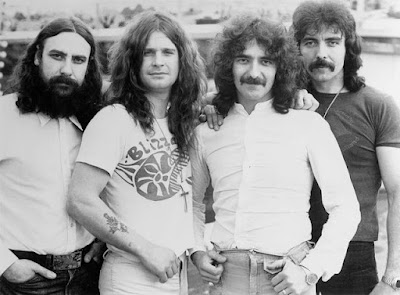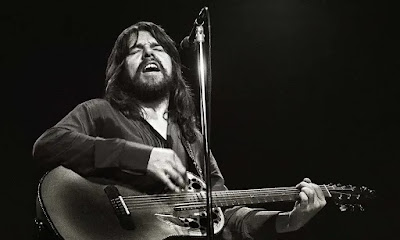Escrita por Sting, foi gravada entre janeiro e abril de 1978 e lançada em 7 de abril de 1978, no compacto que tinha Peanuts como Lado B. Saiu também no disco de estréia da banda, o Outlandos d'amour, em 3 de novembro de 1978. Foi produzida pela própria banda. Foi escrita do ponto de vista de um homem que se apaixona por uma puta. É o número 388 da lista da revista Rolling Stone das 500 greatest songs of all time. É também a número 85 da VH1 da lista das 100 greatest rock songs. É uma das 500 canções que deram forma ao rock and roll, do Rock and Roll Hall of Fame. Entrou pro Grammy Hall of Fame em 2008. Sting disse que se inspirou em uma puta que ele viu perto do hotel onde estavam em Paris. Roxanne era uma personagem da peça Cyrano de Bergerac, que Sting avistou também nesse hotel. Começou como uma bossa nova mas terminou em forma de tango. A risada que ficou na gravação se refere à Sting sentando sem querer em um teclado. Sting cantou e tocou baixo. Andy Summers tocou guitarra e Stewart Copeland tocou bateria. Chegou ao número 32 no Billboard Hot 100, número 12 no Reino Unido, número 8 na Nova Zelandia, número 19 na Holanda, número 22 na Irlanda, número 31 no Canadá e número 34 na Austrália.
A letra:
Roxanne
You
don't have to put on the red light
Those days are over
You
don't have to sell your body to the night
Roxanne
You don't have to wear that
dress tonight
Walk the streets for money
You don't care if it's
wrong or if it's right
Roxanne
You don't have to put on the
red light
Roxanne
You don't have to put on the red light
Roxanne (Put on the red light)
Roxanne
(Put on the red light)
Roxanne (Put on the red light)
Roxanne
(Put on the red light)
Roxanne (Put on the red light)
Ro
I loved you since I knew you
I
wouldn't talk down to you
I have to tell you just how I feel
I
won't share you with another boy
I know my mind is made up
So put
away your make up
Told you once I won't tell you again
It's a
bad way
Roxanne
You don't have to put on the
red light
Roxanne
You don't have to put on the red light
Roxanne (You don't have to put on the
red light)
Roxanne (Put on the red light)
Roxanne (Put on the
red light)
Roxanne (Put on the red light)
Roxanne (Put on the
red light)
Roxanne (Put on the red light)
Roxanne (Put on the
red light)
Roxanne (Put on the red light)
Roxanne (Put on the
red light)
Roxanne (Put on the red light)
Roxanne (You don't
have to put on the red light)
Roxanne (Put on the red
light)
Roxanne (Put on the red light)
Roxanne (Put on the red
light)
Roxanne (Put on the red light)
A versão do Police:
A versão de Juliusz Kamil:
A versão de George Michael:
















